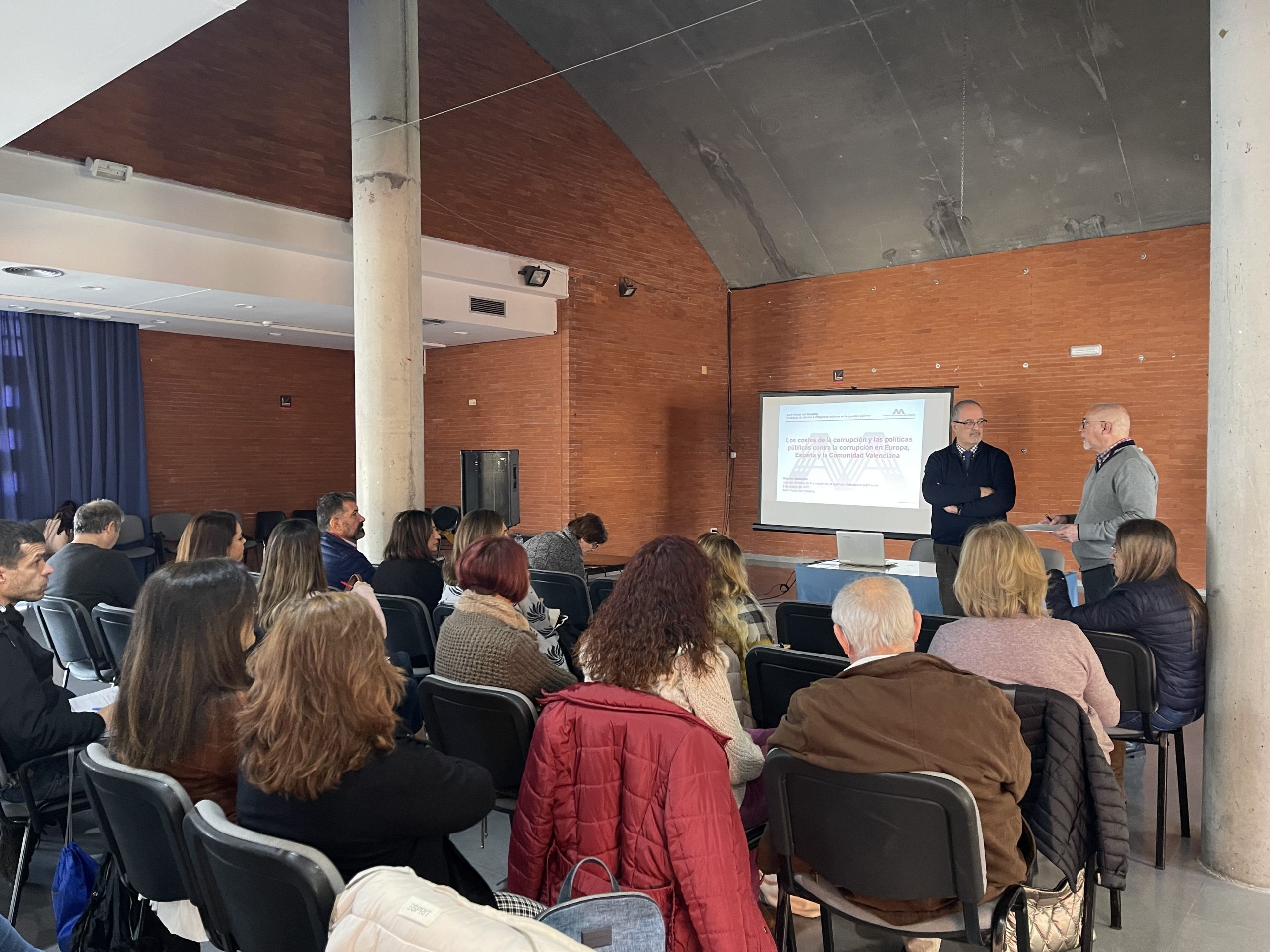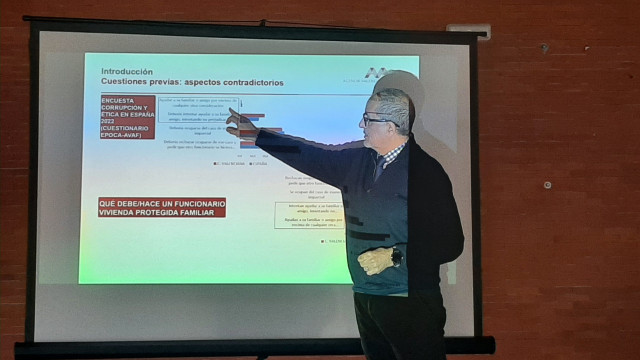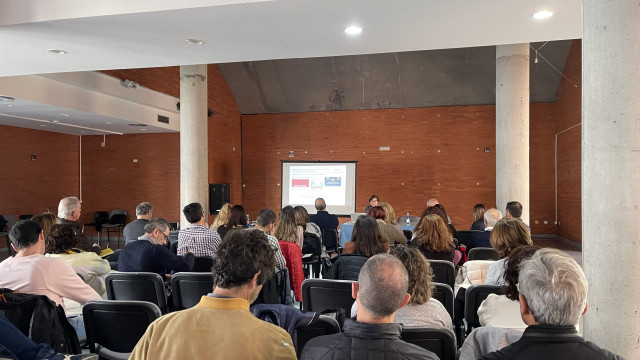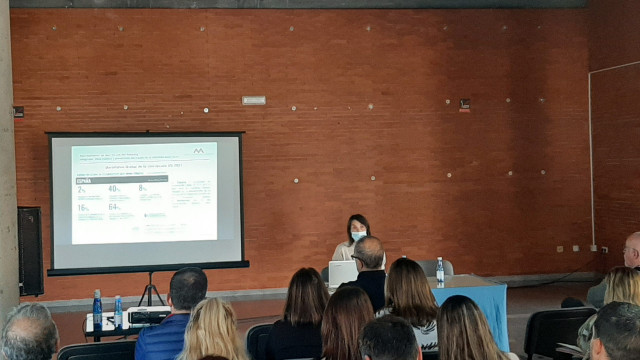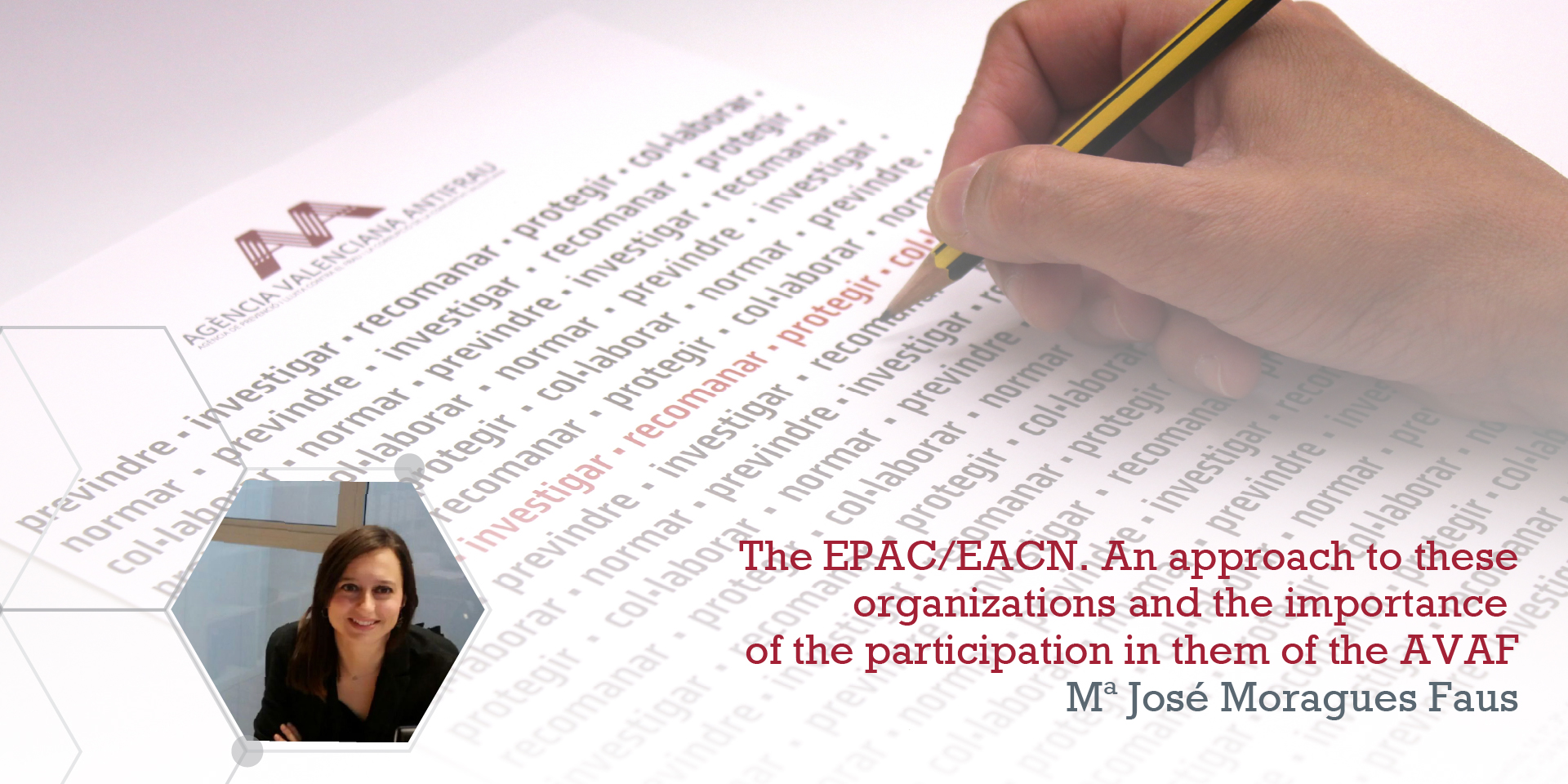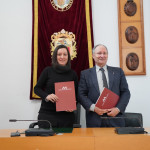EPAC (European Partners against Corruption) and EACN (European contact-point network against corruption) are two independent forums for anti-corruption and police authorities and bodies, united in the common objective of preventing and combating corruption. While EPAC has been around since 2004, EACN was founded in 2008, following the EPAC model.
The EPAC is composed of anti-corruption authorities and police oversight bodies from member countries of the Council of Europe. The EACN, a more formal network established by a decision of the Council of the European Union, brings together the anti-corruption authorities of the Member States of the European Union. In any case, both networks work together as one, given their common mission and goals. Most anti-corruption authorities are also, in fact, members of bothnetworks. The financial resources available to both networks are supported by voluntary contributions from members, observers, official international programmes and other sources of funding such as those from the EU.
With the overall objective of strengthening cooperation, the EPAC/EACN provides a platform for practitioners to exchange experiences, information and concerns in the field of anti-corruption and policing, assist each other and cooperate across national borders, both in terms of knowledge and practical experience. Its main objective is to contribute to police oversight and the global fight against corruption through dialogue and joint work, respecting the legal systems of each country. Consequently, the EPAC/EACN is committed to promoting effective police and anti-corruption systems thatare based on ethical standards and ensure respect for the rule of law and human rights.
The mission of the EPAC/EACN is to:
- Establish, maintain and develop contacts between specialized anti-corruption and police oversight authorities.
- Promote independence, impartiality, legitimacy, accountability, transparency and accessibility in all systems created and maintained for independent oversight of police and anti-corruption work
- Promote international legal instruments and mechanisms from a professional perspective.
- Support the development and promotion of common working standards and best practices for police oversight bodies and anti-corruption authorities.
- Provide a platform for the exchange of information and experience on developments in police oversight and anti-corruption.
- Provide support to other countries and organizations seeking to establish or develop oversight mechanisms and anti-corruption authorities.
- Cooperate with other organizations, authorities, networks and stakeholders in the fulfillment of the above objectives.
At the moment the EPAC brings together 90 anti-corruption authorities and police oversight bodies of the Council of Europe and member states of the European Union, is the largest network in Europe in the field of anti-corruption and is a special organization because it brings together different types of services, agencies, organizations, which represent the anti-corruption systems of each country. The EACN comprises almost 60 anti-corruption authorities from EU Member States. The European Anti-Fraud Office (OLAF) is a member of both networks, while the European Commission, Europol and Eurojust maintain an ongoing relationship with the activities of the EACN. The newly established European Anti-Corruption Prosecutor’s Office (EPPO) has joined both organisations as an observer.
AVAF has been a member of the EPAC/EACN since the 18th Annual Professional Conference and General Assembly, which was organised by the Austrian Federal Anti-Corruption Office (BAK) and which took place from 22 to 24 October 2018 in Rust, Austria. Along with the AVAF, several Spanish authorities are members of the EPAC/EACN: the Anti-Fraud Office of Catalonia (OAC), the Special Prosecutor’s Office against Corruption and Organized Crime, the Inspectorate of Personnel and Services of the State Police Agencies (IPSS) under the Ministry of the Interior, the Internal Affairs Division of the Mossos de Escuadra and the Office for the Prevention and Fight against Fraud of the Balearic Islands
Each year, the EPAC/EACN holds a conference and a general assembly to which the members of both networks are invited and in which they expose, among other issues, the way of working of the different anti-corruption and police surveillance authorities, the situation or difficulties in which they find themselves in certain countries or the solutions adopted in the field of anti-corruption in certain practical cases those who have had to face. In addition, there are different active working groups for the development of concrete projects that organize seminars and webinars to present and share their progress and results, to which all members of the EPAC / EACN are invited, whether or not they are part of that specific working group.
On 23 and 24 November 2022, the 21st Annual Conference and General Assembly of the EPAC/EACN was held in Chisinau, Moldova, in which the Valencian Anti-Fraud Agency was present.
The conference showed that the problems of the war in Ukraine, inflation and the disinformation associated with it, represent a situation of exceptional vulnerability that accentuates the risks of corruption. Two strong ideas were also put forward which are worth highlighting. Aof great interest to EU candidate countries: corruption deters foreign investment; and, the other, which must be kept in mind by all anti-corruption authorities and by all social agents: it is very difficult to build a system to fight corruption and very easy to destroy it.
AVAF’s participation in these international networks undoubtedly provides it with a space to share experiences with institutions with extensive background and experience in the fight against corruption. Sharing problems and situations that occur in other territories, as well as ways to address them by other agencies, definitely enriches our institution and helps us implement best practices in pursuit of our final and common goal which is the prevention and fight against fraud and corruption.
Mª José Moragues Faus
Head of Unit of the analysis and investigation of the Valencian Anti-Fraud Agency


